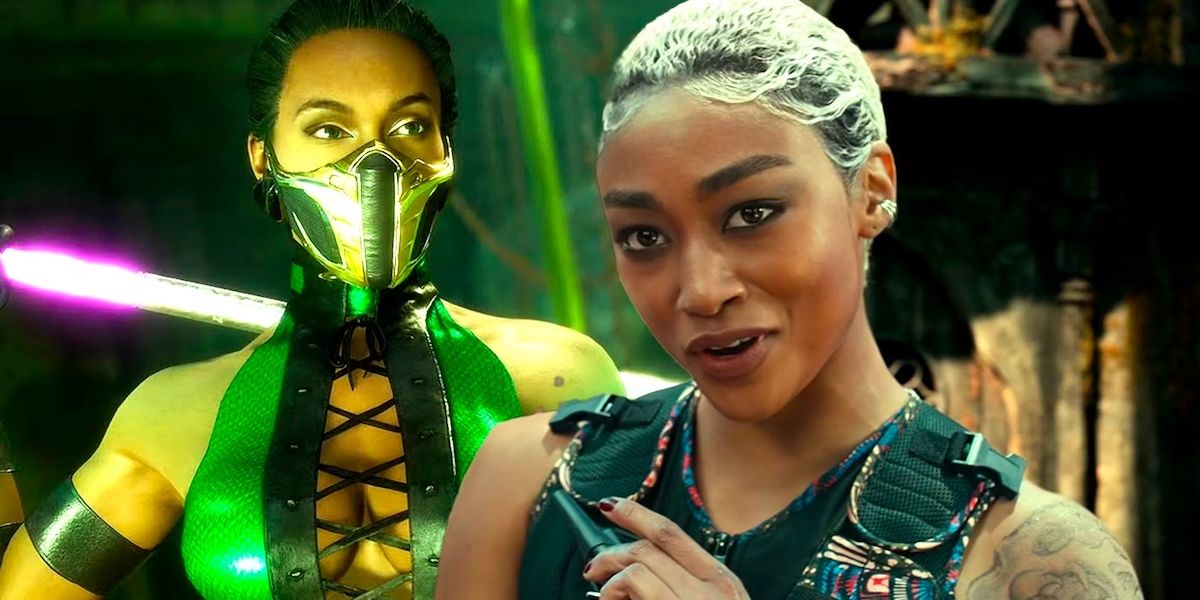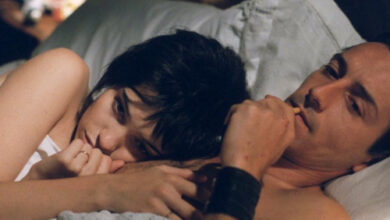
The Bloodbath Returns — And This Time, It Cuts Deeper
Warner Bros. officially ignites the battlefield again. Mortal Kombat 2, slated for a brutal 2025 release, promises a sequel that’s not just louder — but darker, bloodier, and emotionally rawer. The teaser whispered one chilling line that fans can’t shake off: “Death is only another portal.”
A sentence that haunts more than it thrills. A threat. A prophecy. Or perhaps, a brutal truth in a world where death is the entry ticket to realms darker than hell itself.

Lewis Tan’s Cole Young — A Warrior Cornered by Destiny
Cole Young (Lewis Tan), still carrying the scars of betrayal and blood, now finds himself hunted by shadows beyond Earthrealm. His eyes — tired, fierce, defiant — are the eyes of a man who knows every victory means another grave. No longer a pawn in Raiden’s grand game, Cole must walk the thin line between hero and monster.
And when he finally whispers, “Death is only another portal,” it’s not to scare the enemy — it’s a reminder to himself.
The Return of Sub-Zero — And the Chilling Resurrection
Yes, Bi-Han is back. But this is Noob Saibot now — pure darkness, an echo of rage and black ice. His silent stare slices deeper than his blade. Mortal Kombat 2 resurrects him not as a villain, but as a symbol of death itself — cold, inevitable, haunting.
Director Simon McQuoid dares to dance on the edge of myth and massacre.

Old Blood Feuds, New Fatalities
Kitana unsheathes her steel fans. Shao Kahn sharpens his warhammer. The blood feud thickens with each name called to the arena. But this time, McQuoid fuels every fight with emotional stakes. No blow is thrown without a grudge. No fatality lands without a personal cost.
Beyond the Gore — A Battle with Inner Demons
Mortal Kombat 2 doesn’t just rip spines — it rips open hearts. Fear, regret, hunger for power… Each character walks into the arena dragging their past like a chain. The film doesn’t just scream “Finish Him!” — it whispers, “Are you ready to finish yourself?”

Why That Quote Matters
“Death is only another portal” isn’t just a tagline. It’s the soul of Mortal Kombat 2 — a world where death doesn’t free you, it binds you tighter. The film turns a simple fight-for-survival into a gut-wrenching odyssey about fate, redemption, and the dark price of power.
And when the blood dries… it’s this sentence that will stay with you.





